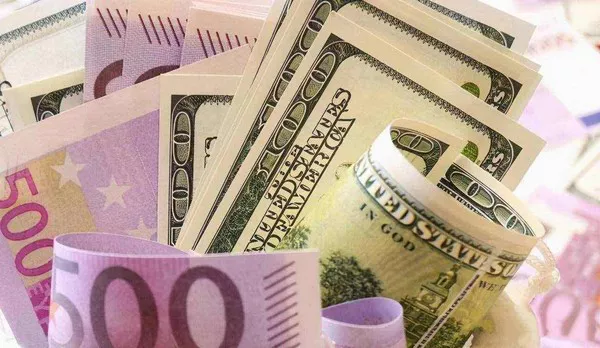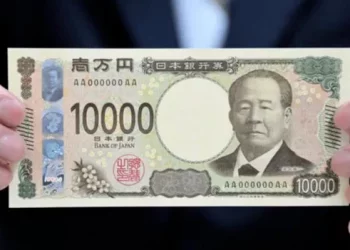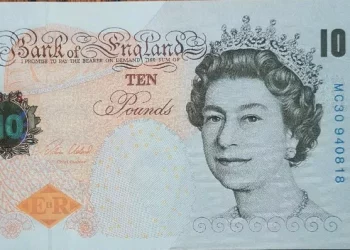The EUR/JPY pair gained ground, reaching near 164.50 during Monday’s Asian trading session, as the Japanese Yen (JPY) weakened. This movement follows the Bank of Japan’s (BoJ) release of its October Summary of Opinions, which underscored divisions among policymakers about the timing of potential interest rate hikes. While some BoJ members expressed concerns over global economic uncertainty and the Yen’s depreciation, the central bank indicated it might raise its benchmark rate to 1% by the latter half of the 2025 fiscal year.
In Japan, political uncertainty has intensified as Prime Minister Shigeru Ishiba faces a leadership vote in parliament after the ruling Liberal Democratic Party (LDP) lost its lower house majority, which it had maintained since 2012. Ishiba may attempt to form a new coalition government with minor parties to retain power, according to reports from The Associated Press.
European Political and Economic Developments: German Leadership Change and US Tariff Concerns
In Europe, German Chancellor Olaf Scholz’s recent dismissal of his finance minister, which effectively dissolved the ruling coalition, has led to widespread calls from opposition parties and business leaders for new elections to address rising political instability. This shake-up in German leadership could influence the Euro as investors assess the political climate’s potential economic impact.
Additionally, analysts at Deutsche Bank have raised concerns over the potential impact of anticipated U.S. tariff increases on the Eurozone’s export sector. Higher tariffs could slow economic growth in the region, compounding uncertainties surrounding the timing and effects of these trade measures and Europe’s potential response.
Related Topics:



























